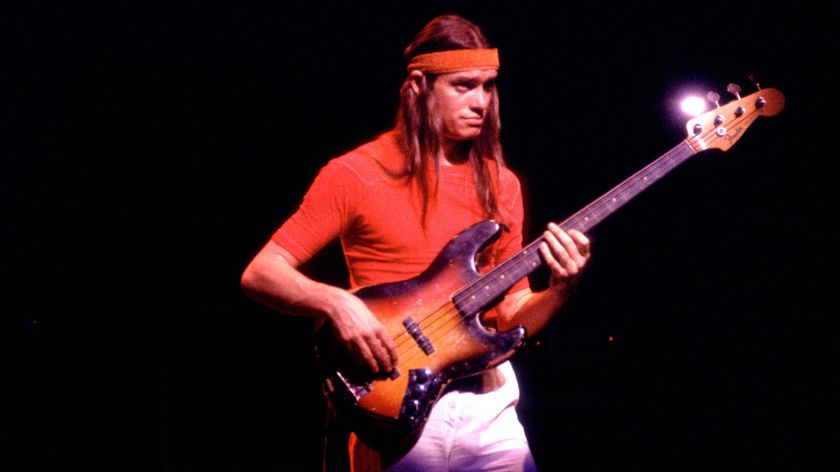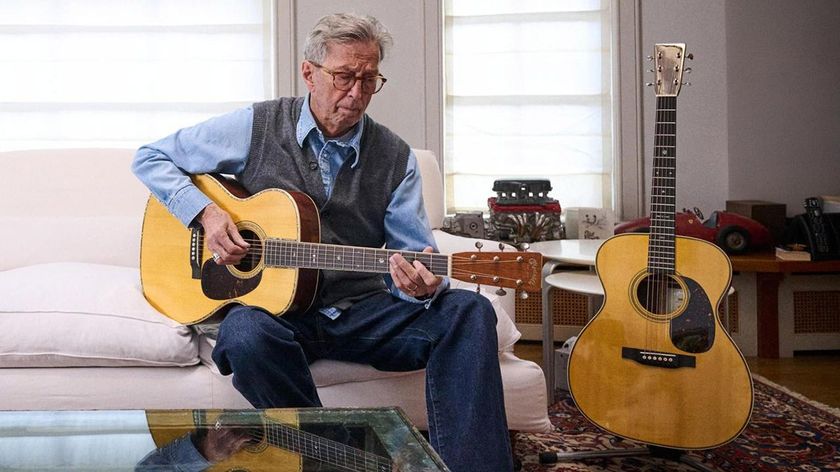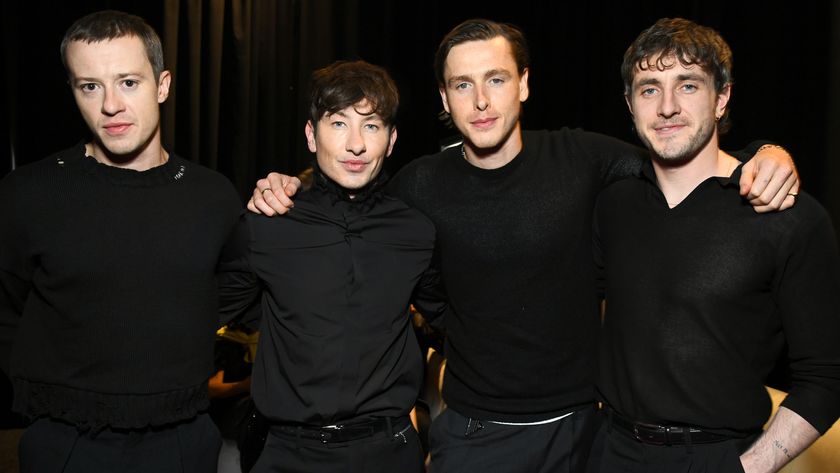Eleanor Rigby signature sells for £115,000
Papers auctioned despite McCartney's denials
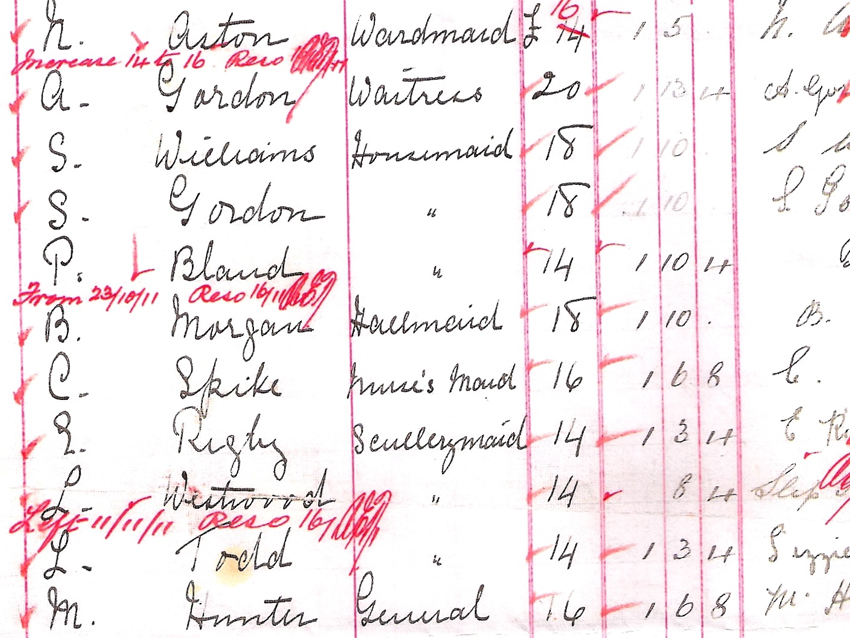
A payslip allegedly bearing the signature of the woman who inspired The Beatles' Eleanor Rigby sold yesterday (26 November) for £115,000.
The auction took place despite the fact that The Beatles' songwriter Paul McCartney denied any suggestion that the document 'solved' a puzzle, as he says the character was entirely fictitious.
"The official certificate has emerged as a key clue to one of the great unanswered questions: who was Eleanor Rigby?" said the Fame Bureau, the auction house who carried out the sale world's top auction house for rock and film memorabilia.
The seller, Annie Mawson, had hoped the item would raise up to £500,000. She said McCartney's office sent her the document after she wrote asking for a donation for a music therapy centre.
The payslip dates from 1911 and originally came from Liverpool's City Hospital in Liverpool, where Rigby worked.

McCartney has previously said the name Eleanor was inspired by actress Eleanor Bron, who starred in the Beatles film Help! in 1965 and that Rigby came from the name of a wine merchant.
In the 1980s, a grave was discovered at Saint Peter's Church in Woolton, Liverpool, where McCartney and bandmate John Lennon used to sunbathe as teenagers, bearing the name Eleanor Rigby.
Get the MusicRadar Newsletter
Want all the hottest music and gear news, reviews, deals, features and more, direct to your inbox? Sign up here.
"Eleanor Rigby is a totally fictitious character that I made up" Paul McCartney
The ex-Beatle dismissed the significance of the payslip earlier in November 2008.
"Eleanor Rigby is a totally fictitious character that I made up," McCartney said in a statement on 12 November.
"If someone wants to spend money buying a document to prove a fictitious character exists, that's fine with me," he said.
Well, now they have. The identity of the buyer has not been disclosed.
...
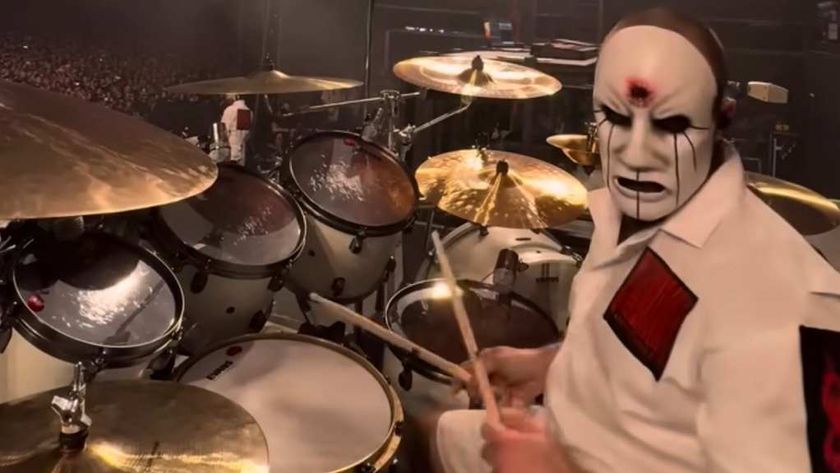
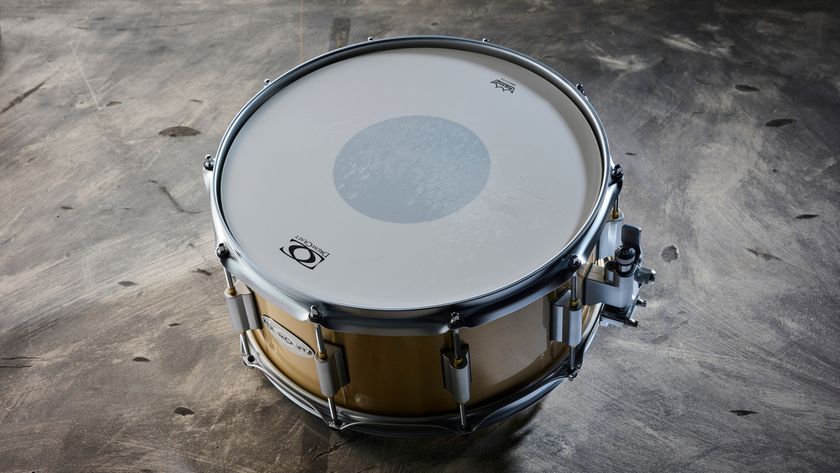
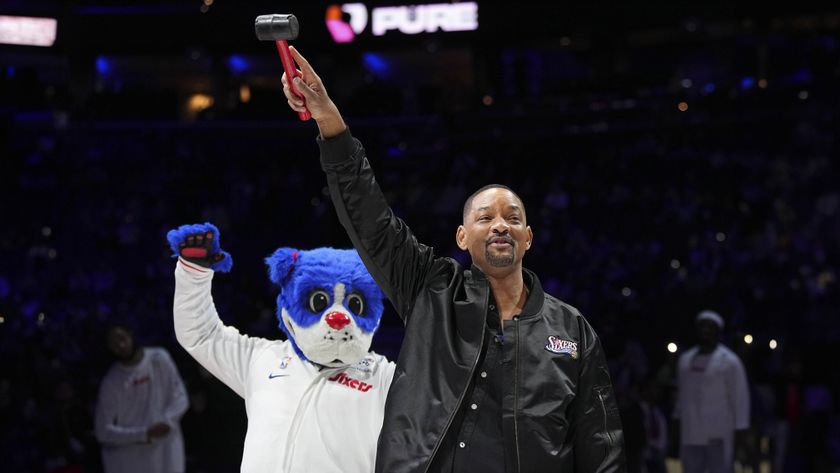


![Chris Hayes [left] wears a purple checked shirt and plays his 1957 Stratocaster in the studio; Michael J. Fox tears it up onstage as Marty McFly in the 1985 blockbuster Back To The Future.](https://cdn.mos.cms.futurecdn.net/nWZUSbFAwA6EqQdruLmXXh-840-80.jpg)



